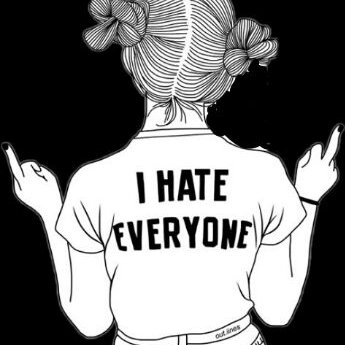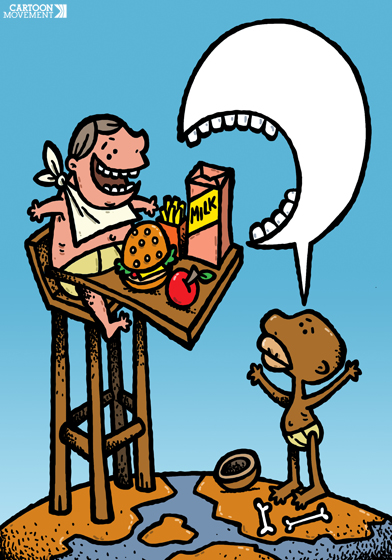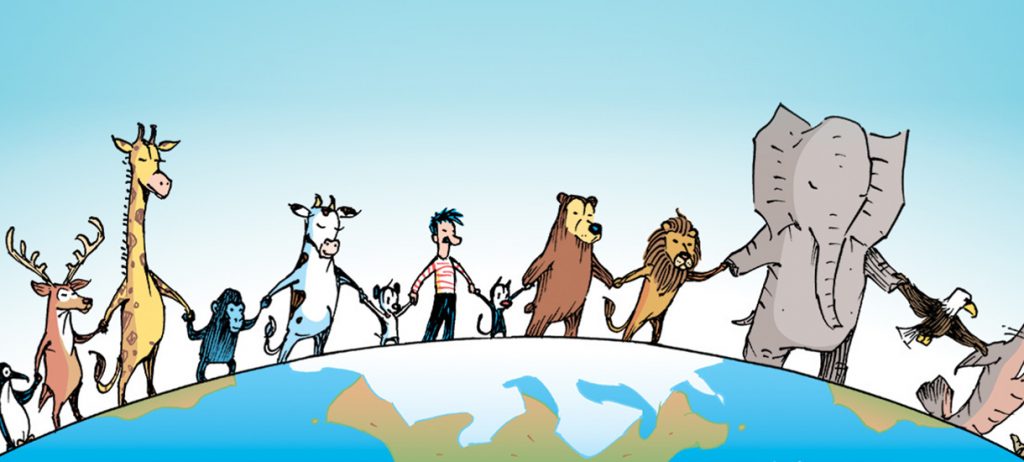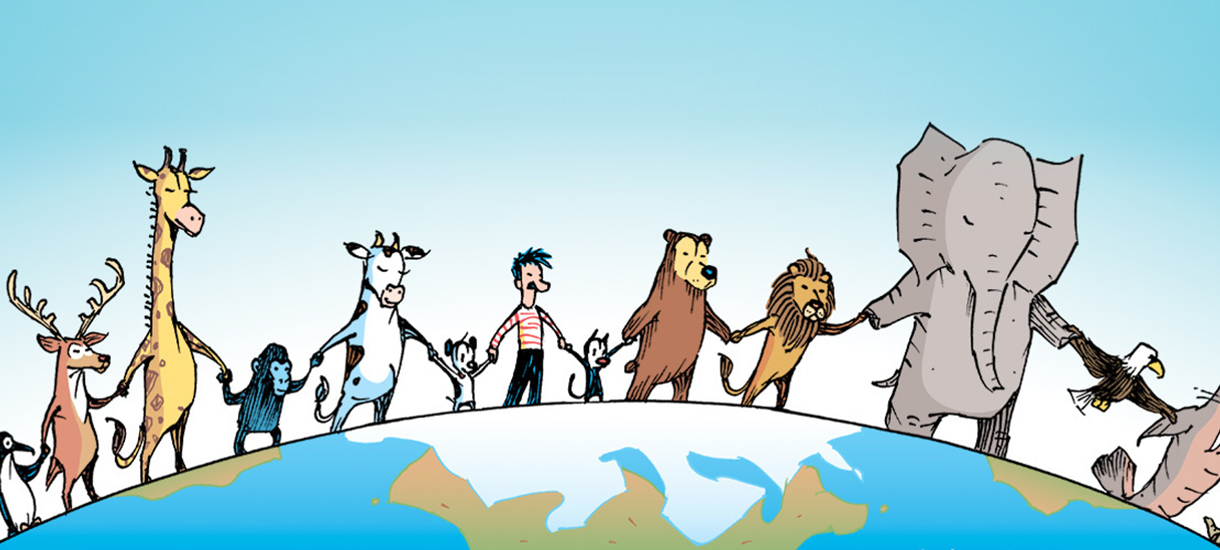by Late Mitchell Warren
A recurring expression on social media, where we inexplicably see groups and pages offering “unconditional love” to some niche population of society, is the idea that we “love people more than animals.”
However, observable evidence suggests that we don’t actually love people more than animals. It’s just something we say…so that we don’t have to pay much attention to animal activism, which unfortunately is now directly linked with environmental action and climate change.
Consider 5 reasons why you don’t love people more than animals – you just play favorites, like everyone else does.

1. Half of everything you read on Facebook, Twitter, or Tumblr is how “(Some fringe group of society) is “Human Garbage” for believing (some radical viewpoint).”
Our opinions define us as human beings and based on our own shared and commented conversations, we don’t “love people” unconditionally. We merely accept people for having values and opinions similar to our own.
In fact, the trend lately is to block or demonize anyone who falls short of believing EXACTLY what we believe – right down to the last asterisk.
We don’t love people for just being people. We despise people by default, unless they’re up to date on the latest etiquette.

2. We spoil and pamper our pets with affection…while we ignore the suffering of people in other countries.
We don’t even have the time to verify that indigenous, starving, poverty-stricken, and war-ravaged people have opinions that reflect our own values. We simply choose to ignore their plight because ignorance is bliss.
Well, ignorance plus cuddling up with our favorite little fur-face. We love our pets, not as slaves, but as people, as family and friends. Our pets are adorable.
All the while we stroke their little cat faces, we ignore the suffering of our own species in other lands across the world. Their faces cause us anxiety. We dehumanize them, in order to justify our indifference.
We don’t “love all animals”, true. Many of us will never see the lovable qualities of a pig, cow, or chicken – animals we’ve decided by speciesism deserve to be eaten.
But it often seems as if we love OUR pets more than we love people we’ve never met before. Our pets give us a reason to love them. By default, people we don’t “know” don’t deserve our love or affection.

3. Whereas some animals have demonstrated that they have empathy and compassion, there is nothing inherently heroic or sympathetic about human beings.
There are some startling narratives about animal mothers taking in unwanted younglings (even if they are of a different species), gorillas protecting human children, and of course, our own personal experiences of being forgiven by our pets, even after we accidentally step on their tails.
Human beings on the other hand launch wars for profit, invade other countries, butcher children and innocent civilians, ignore the homeless, deny medical treatment to the sick, and rape and murder each other on a daily basis. In many cases, violent acts are randomized and apparently lack reason and motivation.
Even the peaceful predators are selfish and would rather give themselves million-dollar bonuses while millions of fellow primates go hungry. We are simply a violent species, just like the lion, the bear, and yes, the honey badger.

4. Whereas seeing photos of strange animals we’ve never met bring a smile to our face, seeing pictures of ugly dudes on Tinder or Craigslist makes us cringe by default.
We evaluate each other at first glance. We are constantly looking for reasons not to like each other or to discount someone as unworthy of our attention.
We usually figure, “It’s THEIR obligation to come and befriend me, proving their loyalty and worth to me.”
We lecture our own species not to judge by appearances because we inevitably judge each other by first impressions.
On the other hand, footage of “ugly” animals looking goofy and happy warms our hearts.
Human faces, without context, repel us. Animal faces, in any context, soothe us.

5. We live in a war generation – one where we intentionally wear hats, t-shirts, lapels, tattoos and other clothing broadcasting our rules and values. These identifications serve not only as personal identification but also as tribal warnings.
We dare other people to pick a fight. Our politicians threaten us with World War III every day. We log onto social media to bark our anger at other humans, reminding them that we will hate and block them too IF they do any of the following…
Well, animals have not evolved to such pettiness.
Now don’t lick yourself and walk away just yet. I’m not suggesting that we ought to feel any particular guilt for loving animals more than people. As demonstrated, most people are unworthy of our love. Many animals are.
The unpleasant truth is the vast majority of people out there disagree with your most important values and opinions. Understandably, because they haven’t lived YOUR life or known your experiences growing up.
Worse yet, these other people can’t be persuaded to believe otherwise. They have their own values. They are their own unique “animal species” of thought and they are an animal incompatible with your kin.
For all the hypocritical cries of “We can do better…” we simply cannot. It’s beyond our capacity as self-absorbed and bigoted humans who can’t stand other humans.
The only pearl of truth I can attach to this postmodern world of misanthropy is:
Since we’ve already proven we don’t love people, maybe we should start loving animals a little more than we do. We should love MORE animals than just our own pets – and just the species we happen to think are cute.
Because to be kind to animals is not godly, nor is it necessarily moral or ethical. Such PETA-inspired arguments are highly debatable, considering that animals CAN be just as vicious and bloodthirsty as humans. And yes, animals do eat other animals.
But at this point, it is simply a matter of survival more than an ethical choice. Supporting factory farming and the overproduction of livestock meat directly contributes to climate change, global warming, pollution, and the gradual deterioration of our planet.
You can do more for your own species and for animals by:
- Going vegan
- Going vegetarian
- Supporting local farms
- Hunting your own meat
- Raising your own livestock
- Supporting small reputable companies with organic practices
- Boycotting fast-food chains and other producers that rely on mass factory farming
Read this article by Vanessa Verduga to learn more about environmental veganism.

